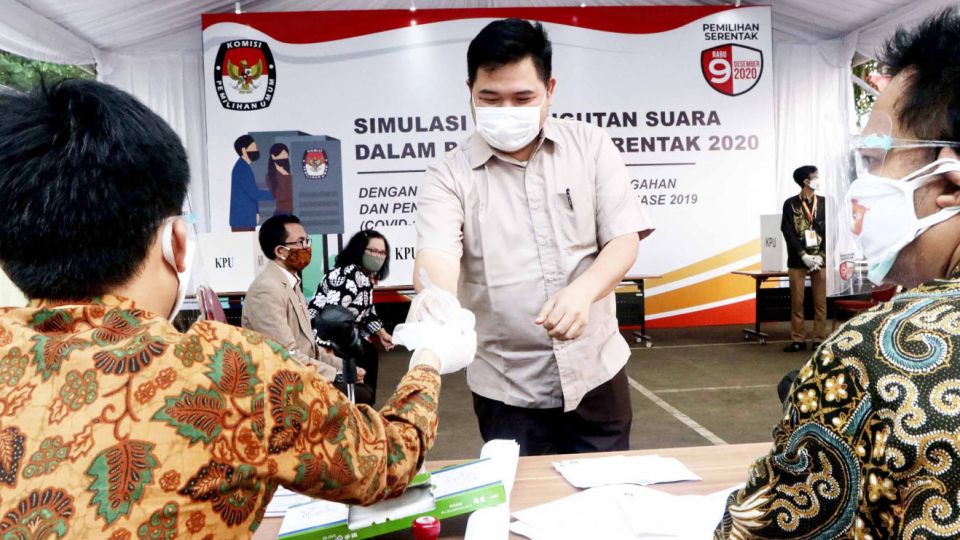April 5, 2024
JAKARTA – The General Elections Commission (KPU) has officially shifted focus to the regional elections in November.
At a ceremonial event at Prambanan temple in Sleman, Yogyakarta, on Sunday, KPU chief Hasyim Asy’ari told the commission’s rank and file to uphold their integrity and to follow the rules – a brief admission of the problems that emerged in the lead-up to and during the recent polls.
For many, it is part and parcel of Indonesia’s endeavor to host the biggest single-day election in the world.
But for the poor restless souls out there left untethered by the recent election returns, the upcoming ballot represents an opportunity to take stock and learn from our mistakes.
Whether we are up to the task of making room for improvement is a different matter altogether.
The Feb. 14 election was already a massive undertaking, and it certainly was far from the perfect ideal of what a celebration of democracy should look like.
It demonstrated once again the puzzling predicament that people in Indonesia can die of exhaustion from organizing the polls and taking part in the manual vote count.
Even more crucially, the head honchos at the KPU are still deeply embroiled in the election dispute trials being heard at the Constitutional Court and have both alleged and proven ethics violations hanging heavily over their heads.
Over the past few days, we have heard the petitions challenging the official election results by alleging coordinated abuse of power, state interference and large-scale electoral fraud, all to throw out the likely incontestable 90 million votes for frontrunner Prabowo Subianto and running mate Gibran Rakabuming Raka, the eldest son of incumbent President Joko “Jokowi” Widodo.
A key point in the lawsuits is the losing teams’ focus on disqualifying Gibran’s vice presidential bid, which was buoyed by his uncle’s well-timed intervention at the court.
These precedents definitely don’t bode well for the regional elections, which will open up the field to even more unjust practices like nepotism and cronyism, which have already reared their ugly heads in the February polls.
This is particularly evident in the aspirations of political parties to nominate members of the First Family to regional leadership posts, including Jokowi’s other son Kaesang Pangarep as mayor of Surakarta or potentially governor of Jakarta, his wife Erina Gudono for the Sleman regency election and brother-in-law Bobby Nasution in the North Sumatra gubernatorial race.
Indonesia’s democracy will never mature if we continue allowing such forms of corruption and favoritism to run rampant as the default way to groom new leaders.
The Nov. 27 regional elections will be the first time that Indonesians will be able to vote for governors, mayors and regents simultaneously across 37 provinces and more than 500 regencies and cities nationwide.
In the legislative elections alone, over 9,900 candidates from 18 political parties competed for 580 seats at the House of Representatives in a total of 84 electorates.
Many familiar faces have graced the ballot papers in the February polls, including celebrities and sons and daughters of nascent and established political dynasties, who owe their political star power to persistent patronage.
The worst part of what makes the upcoming regional polls troublesome is that the simultaneous nature of the vote will make it particularly hard for media, civil society groups and election observers, or even the public at large, to monitor these unsavory practices.
The majority of the people who voted may have no appetite to stir the pot when most of us just want to get on with the program, but if there was ever a crucial moment for the nation to correct course, then the regional elections would be a prime opportunity to do so.
Otherwise, what is the point of being a democracy only in name?


